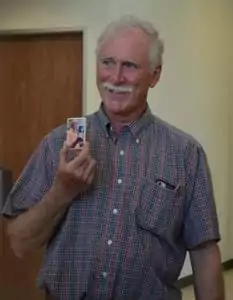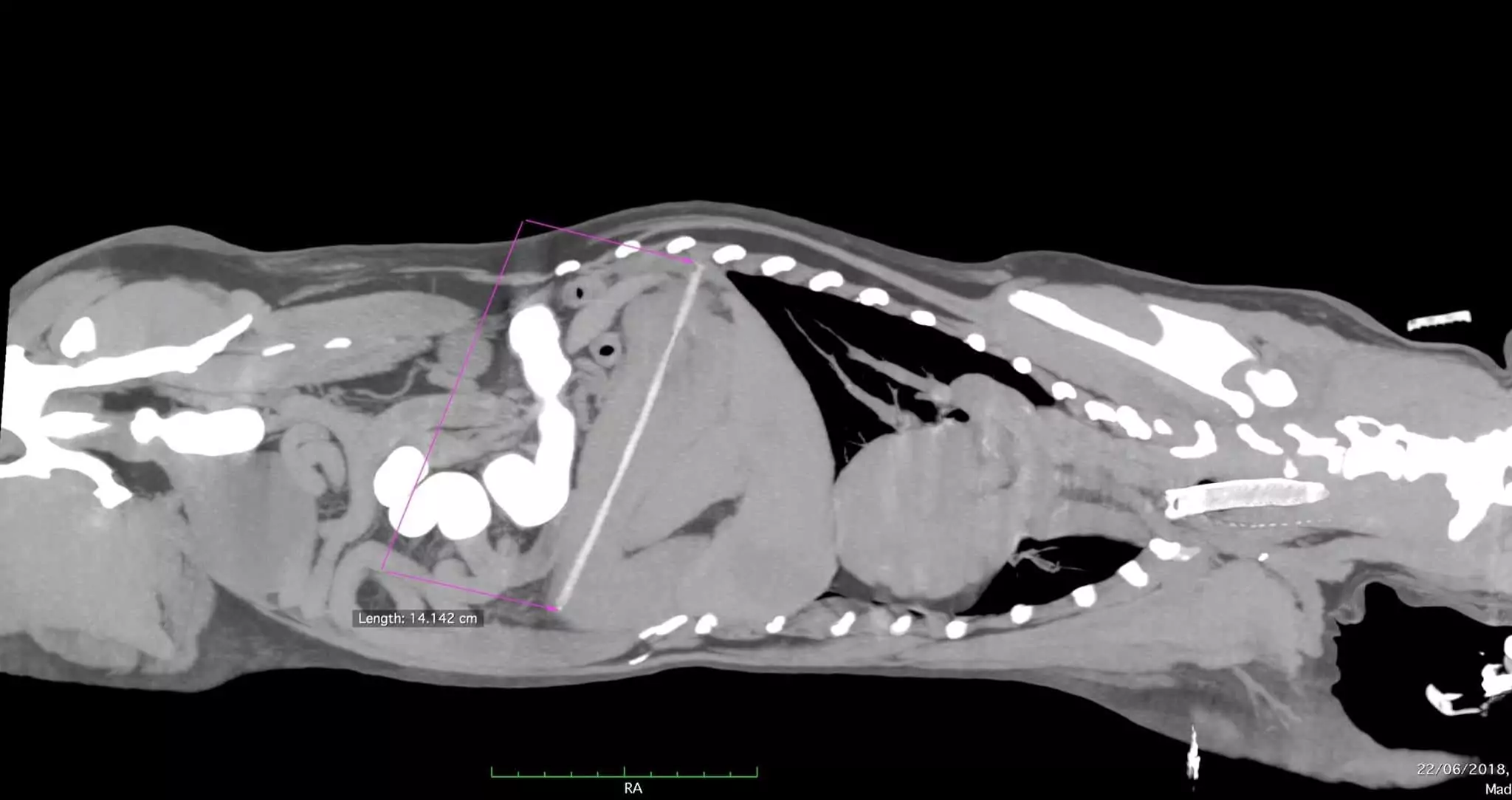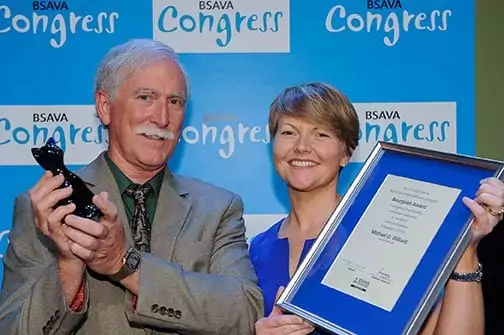Dr. Willard is a 1975 graduate of Texas A&M University, College of Veterinary Medicine. He did his internship and Masters’s degree at Kansas State University and his internal medicine residency at Michigan State University. After that, Dr. Willard held faculty appointments at Michigan State University, Mississippi State University, and Texas A&M University.
He is currently Senior Professor and Professor Emeritus of Small Animal Clinical Sciences and specializes in gastroenterology, hepatology, pancreatology and endoscopy (flexible and rigid). Dr. Willard has extensive experience with protein-losing enteropathies and gastrointestinal problems of racing Alaskan sled dogs. He is an Associate Editor for the Journal of Veterinary Internal Medicine. Dr. Willard has given over 3,500 hours of invited post-graduate continuing education lectures (nationally and internationally), has over 80 refereed publications, and has over 150 book chapters in print.
A member of the I Love Veterinary team had the opportunity to attend his lectures at this year’s EERVC and do an interview.
Let’s glance deeper into Dr Willard’s character:
-
What inspired you to become a veterinarian? Was it a passion since childhood?
I grew up on a farm and showed calves at the local fair. I always felt comfortable with animals. However, I did not know what I was going to study in college until the first day I was admitted and had to declare a major. It was a decision between engineering and veterinary medicine, and I had to make an instant decision on the spot. So, I decided on veterinary medicine.
-
You graduated from A&M University, College of Veterinary Medicine. Do you have any advice for the current and future students at this college?
First, it is important to get a good start. If you do poorly in your first year at college, you will have to work double hard for the next 3 years in order to get your grades up and be competitive for admission to veterinary school. So, don’t relax when you first go to college. This is when you really need to establish good study habits.
Second, you really need to spend a lot of time working for a veterinarian before you get into veterinary school so that you really know whether or not you should spend the next 4 years studying to become a veterinarian. I’ve seen people who have graduated from veterinary school who realized that they really did not want to do this for a living.
Third, you need to focus on learning how to think critically. Simply learning facts will give you training, but if you want an education that allows you to help patients with diseases that you have never seen or heard of before, then you need to be educated to think logically, methodically, and critically.
-
How did you choose your specialties? What was the deciding factor?
For whatever reason, I found the GI tract problems (e.g., vomiting and diarrhea) interesting. This meant that I would need to focus on internal medicine. Surgery was ok, but I found medicine more challenging. During my internship, I first discovered what specialization was all about, and this interested me.
-
What’s your favorite part of your job?
I enjoy diagnosing difficult cases that have frustrated other veterinarians. Diagnosing diseases that are not common in the local area is a lot of fun. I especially enjoy cases that require difficult endoscopic procedures that necessitate an innovative approach.
-
You held many lectures in the US and internationally. Do you have a favorite conference where you spoke that will always be remembered?
I have had the privilege to speak at many meetings. Some that I have especially enjoyed include the International Association of Fly Fishing Veterinarians’ meeting on the American Creek in Alaska where we fished for rainbow trout; a white water rafting trip on the middle fort of the Salmon River in Idaho; and a trip to South Africa where I spoke in Johannesburg, Durban, and Cape Town. A trip to Bogor, Indonesia involved a behind the scene visit to a wildlife rehabilitation center. A trip to Bejing included a trip to the great wall of China as well as the summer palace and the forbidden city.
-
Tell us about your webinar’s projects? What lectures do you offer and is it accessible only for US citizens or is it global?
I give webinars when asked to do so by other individuals and organizations. This happens anywhere from 0 to 2 times per year. I give webinars on the same subjects as my usual CE lectures.
If you liked this article, check out all the other Interviews on our blog.



